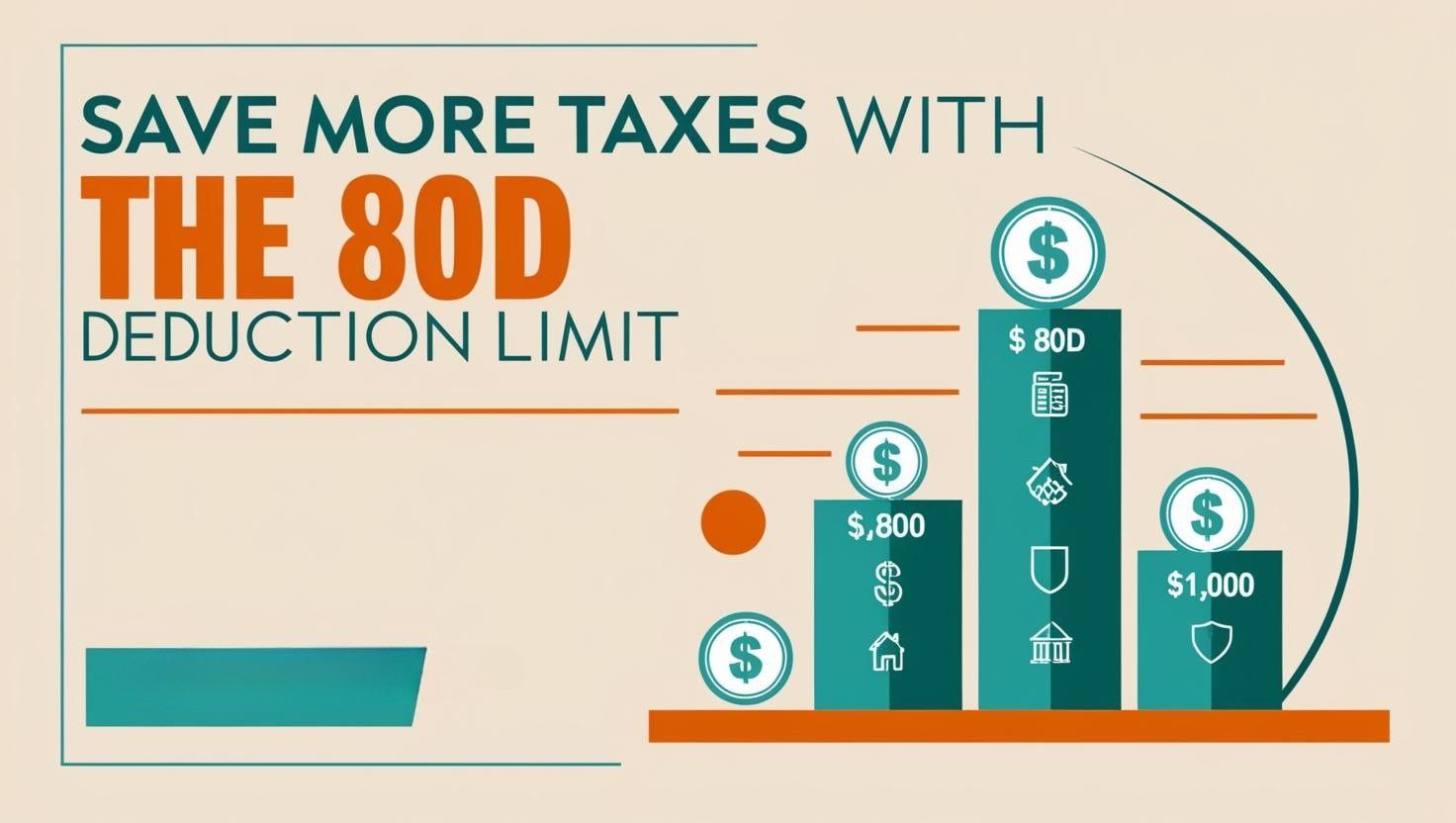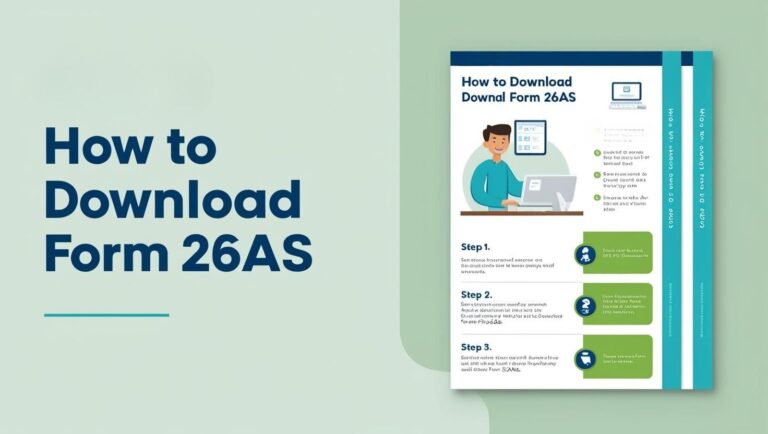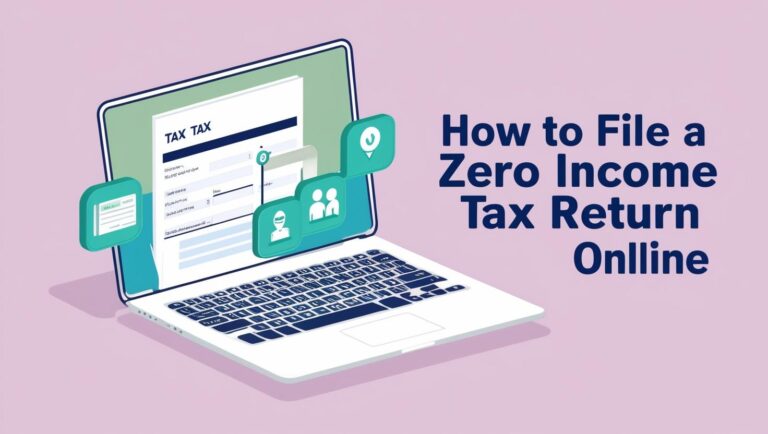80D Deduction Limit: A Complete Guide to Tax Benefits
Introduction
For many families, healthcare expenses can be a significant financial burden, especially when unexpected medical emergencies arise. Healthcare costs usually go up every year. This includes routine medical check-ups and the premiums for health insurance policies.
The situation becomes even more challenging as we age, and healthcare requirements multiply. The rising costs of medical treatments, hospital stays, and doctor visits can overwhelm even the most meticulously planned budgets.
But here’s the good news: there are tax benefits that can help alleviate some of the financial pressures that healthcare expenses bring. One benefit is Section 80D of the Income Tax Act, 1961. This section lets taxpayers claim deductions.
They can claim deductions on premiums paid for health insurance. It also covers preventive health check-ups and medical expenses for senior citizens. These deductions play an essential role in reducing the taxable income, ultimately lowering your tax liability.
Knowing the limits of Section 80D deductions is important for anyone wanting to save on taxes. It can also help protect your financial health.
This blog will help you understand Section 80D. It explains how to use it to your benefit. You will learn how much you can save and what mistakes to avoid. By the end of this guide, you will have a clear plan. This plan will help you lower your taxes. It will also ensure your family stays healthy and well.
Learn more about the tax system in our The Indian Tax System: What You Need to Know.
1. Understanding Section 80D of the Income Tax Act
Before we talk about how to claim the deduction, let’s understand what Section 80D of the Income Tax Act is. It is important to know this information. Section 80D allows taxpayers to claim deductions on health insurance premiums. This includes costs for preventive health check-ups and medical expenses for senior citizens.
Section 80D is particularly beneficial because healthcare costs are often unexpected and can lead to significant financial strain. By offering deductions, the government encourages taxpayers to secure health insurance coverage for themselves and their loved ones.
What is Section 80D?
Section 80D allows taxpayers to claim deductions on health-related expenses. These deductions can be for:
- Health insurance premiums paid for yourself, your spouse, dependent children, and parents.
- Preventive health check-ups, which are covered under the section for both self and family members.
- Medical expenses for senior citizens (aged 60 years or above) that are not covered by insurance.
How Does Section 80D Affect Taxable Income?
In simple terms, your taxable income is the income that requires you to pay taxes. The higher your taxable income, the higher your tax liability. When you invest in eligible expenses under Section 80D, your taxable income goes down. This also lowers your tax liability.
You can deduct health insurance premiums from your taxable income. This applies if you pay for your family’s health insurance. This will reduce the amount of income that will be taxed, thereby lowering your overall tax bill.
By reducing taxable income, Section 80D becomes an effective way to lower tax liabilities while ensuring that you and your family are financially protected against potential healthcare costs.
2. Who Can Claim Deductions Under 80D?
Section 80D is available to a wide range of taxpayers. It is not restricted to individual taxpayers alone. Let’s go over who is eligible to claim the deductions under this section:
Eligible Taxpayers
- Individual taxpayers (salaried or business persons) are eligible to claim deductions.
- The spouse and dependent children of the taxpayer are also eligible to be covered under the health insurance policy, and the premiums paid for them can be claimed for deductions.
- Parents of the taxpayer, including those who are senior citizens (aged 60 years and above), are also eligible to be covered under the policy, and the premiums paid for them are eligible for deductions.
For Hindu Undivided Families (HUFs), the head of the family can also claim deductions for the health insurance premiums of other family members. The family can include parents, children, and even dependent relatives.
Special Cases for Senior Citizens
One of the most attractive features of Section 80D is its provisions for senior citizens (aged 60 years or above). Senior citizens often have more significant medical needs, and their healthcare expenses can be higher than that of younger individuals. To make it more advantageous, the tax benefits available under 80D are enhanced for senior citizens.
For example, the maximum deduction limit for senior citizens is higher than for non-senior citizens. Senior citizens can also claim deductions for medical expenses that are not covered under their health insurance policies. This provision allows taxpayers to safeguard their senior parents, ensuring they are covered financially while reducing taxable income.
3. The 80D Deduction List
The 80D deduction list covers several types of expenses that qualify for tax benefits. Let’s go through each of them in detail:
Premium Payments for Health Insurance
The main deduction available under Section 80D is for health insurance premiums. You can claim deductions for premiums paid for:
- Yourself, your spouse, and dependent children.
- Your parents, including senior citizens (aged 60 years and above).
Here are the limits for the deductions:
- For non-senior citizens, you can claim a deduction of up to ₹25,000 for premiums paid.
- For senior citizen parents (aged 60 years or more), you can claim an enhanced deduction of up to ₹50,000.
- If both you and your parents are senior citizens, the maximum deduction you can claim is ₹1,00,000 (₹25,000 for yourself, ₹25,000 for your family, and ₹50,000 for your senior citizen parents).
Preventive Health Check-ups
In addition to health insurance premiums, Section 80D also offers deductions for preventive health check-ups. These check-ups are essential for detecting potential health issues early and preventing larger, more costly medical problems down the line.
- The maximum amount you can claim for preventive health check-ups is ₹5,000.
- This ₹5,000 is part of the overall 80D deduction limit, so it should be factored into the total amount you claim under the section.
Medical Expenses for Senior Citizens
In some cases, senior citizens may not have health insurance, or their existing insurance may not cover certain medical expenses. Section 80D allows you to claim deductions for medical expenses incurred for senior citizens (aged 60 years or above), even if these expenses are not covered under their insurance plan.
- You can claim deductions for medical expenses up to ₹50,000 for senior citizen parents who are not covered by health insurance.
4. What Is the 80D Maximum Limit?
To make sure you are maximizing your deductions, it’s important to understand the 80D maximum limit. The limits under Section 80D vary depending on the age of the taxpayer and the family members covered.
For Non-Senior Citizens
- You can claim a maximum deduction of ₹25,000 for premiums paid for yourself, your spouse, and your dependent children.
For Senior Citizens (Aged 60 Years and Above)
- For senior citizen parents, you can claim a deduction of up to ₹50,000.
- If both the taxpayer and the parents are senior citizens, the maximum deduction can go up to ₹1,00,000.
It’s important to remember that premiums must be paid through eligible modes, such as credit cards, debit cards, or net banking, to qualify for the deduction. Cash payments will not be accepted under this provision.
5. How Section 80D Differs from Section 80C
At this point, you might be wondering how Section 80D compares to Section 80C, another popular section for tax savings. Here are the key differences:
- Section 80C is focused on encouraging savings and investments. It includes deductions for investments in instruments like PPF, ELSS, tax-saving fixed deposits, national savings certificates (NSC), and more.
- Section 80D, on the other hand, is specifically aimed at healthcare expenses—health insurance premiums and medical expenses.
While Section 80C allows deductions up to ₹1,50,000, Section 80D allows deductions specifically related to health and wellness. Therefore, 80C should be maximized for long-term savings, while 80D should be used to reduce healthcare costs and ensure financial security against medical expenses.
6. Filing Your Income Tax Return and Claiming Deductions Under Section 80D
Once you understand how Section 80D works, it’s time to ensure that you are properly claiming the deductions when filing your Income Tax Return (ITR). Here are some important steps:
Step-by-Step Process
- Gather the Documentation: Ensure that you have all receipts and documents proving that you’ve paid for health insurance premiums and preventive health check-ups. You’ll need these to claim deductions.
- Choose the Right ITR Form: Depending on your income and sources of income, you need to select the correct form (ITR-1, ITR-2, etc.). If you are claiming deductions under 80D, make sure to choose the form that allows you to include these details.
- Fill in the Required Fields: In the tax return form, you will find a section that asks about deductions under various provisions. Fill in the amount of premiums paid for yourself, your family, and your senior citizen parents.
- Submit the Return: After double-checking your information, submit your ITR online through the official Income Tax Department portal or through authorized platforms.
7. Common Mistakes to Avoid
While Section 80D is a great opportunity to save on taxes, many taxpayers make mistakes that lead to missed deductions or complications. Here are some common mistakes to avoid:
- Not knowing the deduction limit: Many taxpayers miss out on deductions because they don’t know the exact amount they can claim. Ensure you know the 80D tax exemption limit to maximize your benefits.
- Claiming deductions for cash payments: Section 80D only allows deductions for premiums paid through eligible modes like online payments, debit/credit cards, etc. Cash payments are not allowed.
- Not claiming for senior citizen parents: If you have senior citizen parents, you can claim additional deductions, so don’t miss out on this.
- Overlooking preventive health check-ups: You can claim up to ₹5,000 for preventive health check-ups—don’t miss out on this small but important deduction.
8. Why It Pays to Understand 80D Deduction Rules
Understanding Section 80D not only helps you reduce your taxable income, but it also ensures that you and your family are financially protected against medical emergencies. By correctly utilizing the deduction, you ensure that a portion of your healthcare costs is covered by the tax system.
By lowering your tax liability, you can save significant amounts each year. The benefits extend beyond just tax savings—they also provide peace of mind knowing that you are taking care of your family’s health, without worrying about rising medical costs.
Example Calculation
Let’s say you’re paying a health insurance premium of ₹20,000 for yourself and ₹15,000 for your senior citizen parents. Additionally, you spend ₹5,000 on preventive health check-ups.
Your total deductions under Section 80D would be:
- ₹20,000 (self and family) + ₹15,000 (senior citizen parents) + ₹5,000 (preventive check-ups) = ₹40,000 in total deductions.
This reduces your taxable income by ₹40,000, which means your tax liability will be reduced based on your tax slab.
Conclusion
In conclusion, understanding Section 80D and maximizing its potential can help you save money on taxes while ensuring that you and your family are protected financially. By claiming deductions for health insurance premiums, preventive check-ups, and medical expenses for senior citizens, you can significantly reduce your taxable income.
By staying informed about the 80D deduction limits and following the steps to file your tax returns properly, you can make sure you’re taking full advantage of the available tax benefits. Always remember that healthcare is a long-term investment in your family’s future, and Section 80D is a powerful tool in helping you manage your finances while safeguarding your health.







